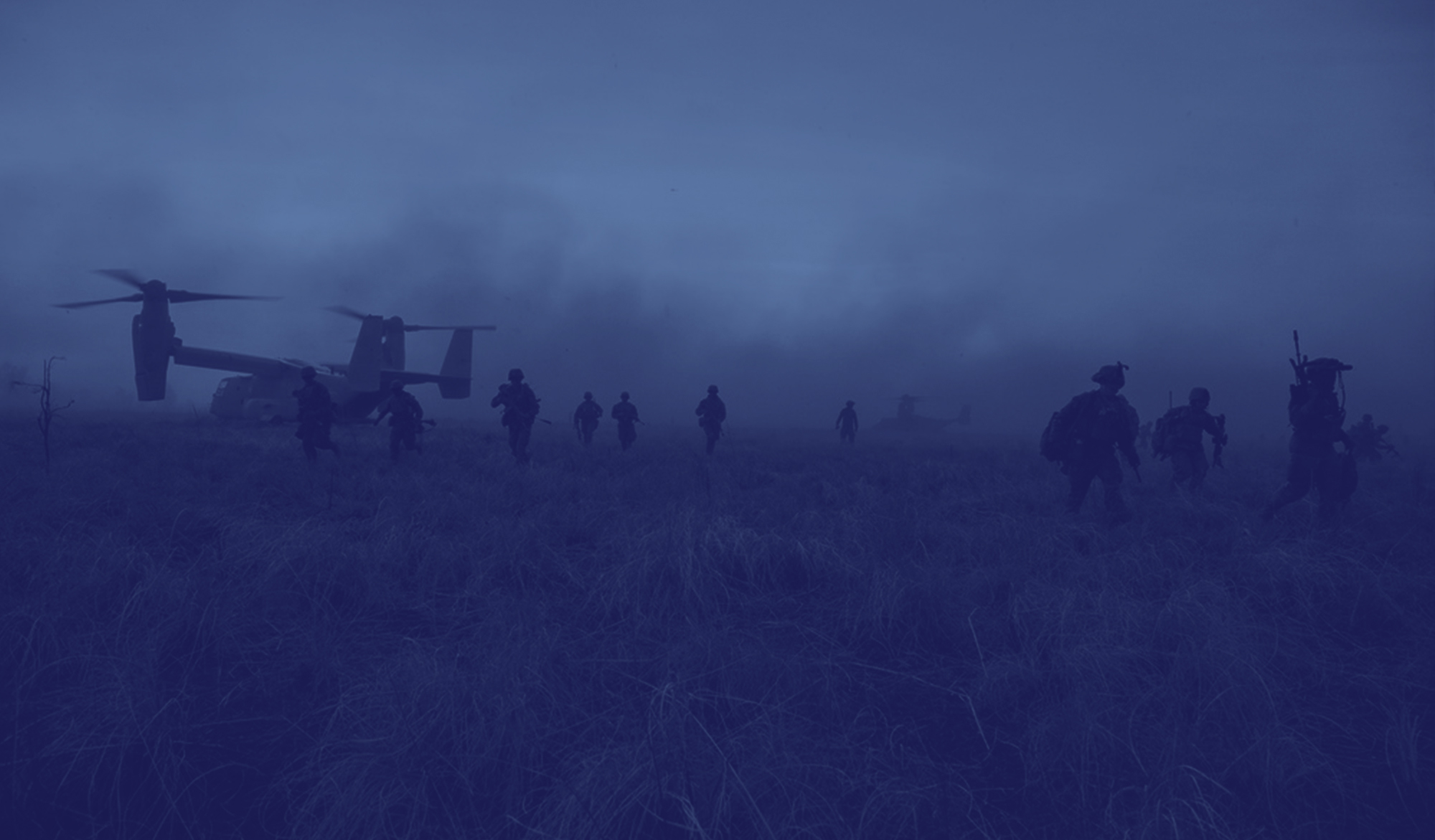Cpl Kathryn Mannion’s hair bun can clearly be seen, as an indication for a female Marine. Mannion was leaving the “friendly wire” at Combat Operation Base Yazzie on a patrol in 2/9 Echo Company’s AO making her on a dismounted patrol towards Patrol Base Moose and then on to Saifan Bazaar. Mannion is one of two members in the FET (Female Engagement Team) assigned to 2/9 Echo Company AO in northern Marjah. September 15, 2010 | Photo by Nelvin C. Cepeda See More Photos
By Gretel C. Kovach
MARJAH, Afghanistan — Sgt. Vanessa Jones and her teammates filed through the countryside with a squad of U.S. infantrymen and Afghan troops. They pushed through tall grass and leaped over canals, spilling into fields of sunflowers and the emerald spikes of marijuana plants rustling above their helmets. Then they waited, tucked into a ridge of dirt, while fellow Marines checked on a bomb dug into the road.
Jones and her partner, Lance Cpl. Yvonne Blanco, were among a group of 40 volunteers who deployed to Afghanistan this spring to serve as Female Engagement Teams, a detachment organized by the 1st Marine Expeditionary Force at Camp Pendleton .
The new teams were sent to the highly segregated Pashtun south of the country to connect with the female half of the population that is inaccessible to male Marines, to assess their needs, convey information, perform security searches, and whenever possible, win the support of Afghan mothers and daughters.
The Marines knew it would be a tough assignment. Keeping up with the all-male infantry units is perhaps the least of their many obstacles. Jones and Blanco’s first patrol in Marjah, one of the most hostile areas of the Taliban heartland for U.S. and NATO forces, underscored the challenge.
After two hours of walking, the Marines saw many men and boys, but no women. Except for a shrouded passenger on the back of a motorcycle who passed in a blur of billowing fabric.
“It’s a slow process,” said Capt. Emily Naslund, the officer in charge of the teams. “If you keep returning, maybe weeks or months later they might open up.”
The engagement teams grew out of the Lioness program in Iraq , when female soldiers and Marines were used largely in a search capacity to protect the privacy of local women. Now the teams are spread across 16 locations in Helmand Province.
Their experiences and results vary greatly by team, depending on the level of combat in the area, the reception of village leaders or heads of households, and even their U.S. military commanders.
At their best, the female teams have been able to help women start their own businesses sewing and making handicrafts, particularly among widows, and to host clinics flocked with women seeking basic medical care. In those areas, village elders vie among themselves for the work of the female teams and Afghan men sometimes share information with them that they are reluctant to divulge to male Marines, commanders said.
“We soften the conversation,” said Staff Sgt. Nela Gomez… Read more Here

